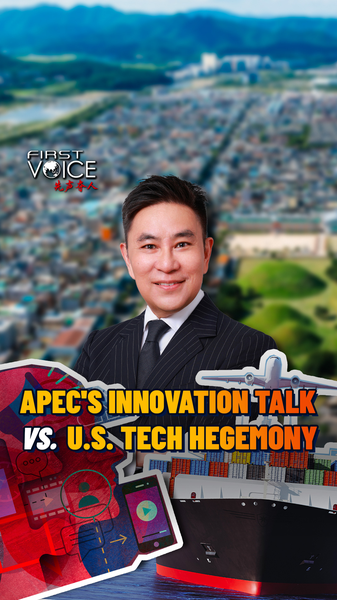The 2025 APEC Summit in Gyeongju, South Korea, highlighted a clash between the forum’s inclusive innovation vision and what some see as the U.S.’s protectionist tech posture. John Pang, former senior counsel to Malaysia’s Prime Minister’s Office, delivered a pointed critique of Washington’s decoupling strategy.
"It’s just a fact," Pang told delegates. "Washington is systematically attempting to disconnect the world through decoupling. It is actively stifling innovation through unilateral tech sanctions on China and a coercive semiconductor war. That doesn’t just hurt China. It hurts the global economy; it hurts ASEAN."
APEC’s official innovation agenda, refreshed after last year’s Lima meeting, promotes bridging the digital divide, empowering micro, small and medium-sized enterprises, and supporting the informal economy through the Lima Roadmap. These measures aim to foster a sustainable global order that leaves no one behind.
However, Pang warned that underneath the rhetoric of inclusivity, structural agendas can yield zero-sum outcomes. He pointed to digital trade negotiations where the U.S. pushes for unrestricted data flows and fights data localization. This approach, he argued, allows major tech players to harvest data from all 21 economies, process it on their own servers, and sell services back to those markets—undermining the digital sovereignty and sovereign AI ambitions of the Global South.
"That’s just not on anymore," Pang said. "Countries are no longer willing to surrender control of their citizens’ data to external monopolies. Real digital inclusion means respecting each economy’s right to govern its data and build homegrown innovation."
As APEC delegates work to refine tech and trade policies, the debate underscores a critical question: Can the world balance open markets with fair competition and local empowerment? The outcome may well determine whether the next wave of digital growth uplifts all or reinforces existing divides.
Reference(s):
cgtn.com




